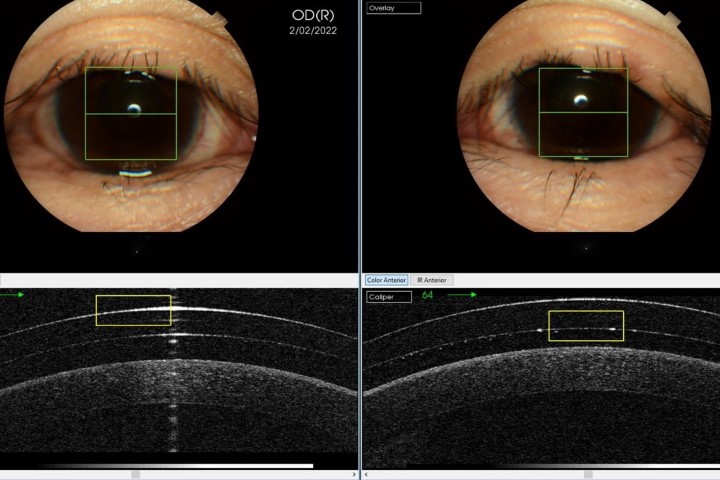Specialty CLs and ortho-k for myopia management insights
Advancements in and increased fitting of scleral and corneo-scleral lenses, coupled with the resurgent interest in orthokeratology for managing myopia control, are the focus of the latest Centre for Ocular Research & Education (CORE) update.
“Specialty lenses play a vital role in addressing diverse visual needs and managing myopia. Keeping abreast of the latest research is essential for evidence-based practice, ensuring that patients receive optimal care aligned with current understanding,” said Dr Daddi Fadel, a clinical scientist at CORE and the author of this issue’s opening editorial.
A pioneer of modern lens designs, Dr Fadel is the editor-in-chief of the Journal of Contact Lens Research & Science and author of several peer-reviewed articles and books. Her editorial presents comprehensive highlights from the 2024 Global Specialty Lens Symposium (GSLS), including discussions on the inflammatory nature of contact lens wear, the Ed Bennett-Nathan Efron debate concerning the viability of rigid lenses, workshops on scleral lenses and myopia management and presentations on emerging technologies.
Sharon Qiu is a residency-trained optometrist pursuing a PhD in Vision Science at CORE while serving as a part-time clinical supervisor for fourth-year optometry interns at the University of Waterloo Contact Lens and Myopia Control Clinic. Her feature article explores the techniques and instruments most suitable for practitioners to evaluate the performance of scleral lenses.
The GSLS conference highlights are shared by David Hammond, a researcher specialising in myopia control at CooperVision's Advanced Development Centre in Pleasanton, California. His award-winning poster described a study of MiSight 1 day's effectiveness in controlling myopia progression over six years. Researchers found the lenses especially benefited faster-progressing eyes, with consistent proportional treatment effects that contradict predictions of a random growth model.
Issue 76 of Contact Lens Update is available at ContactLensUpdate.com.
























